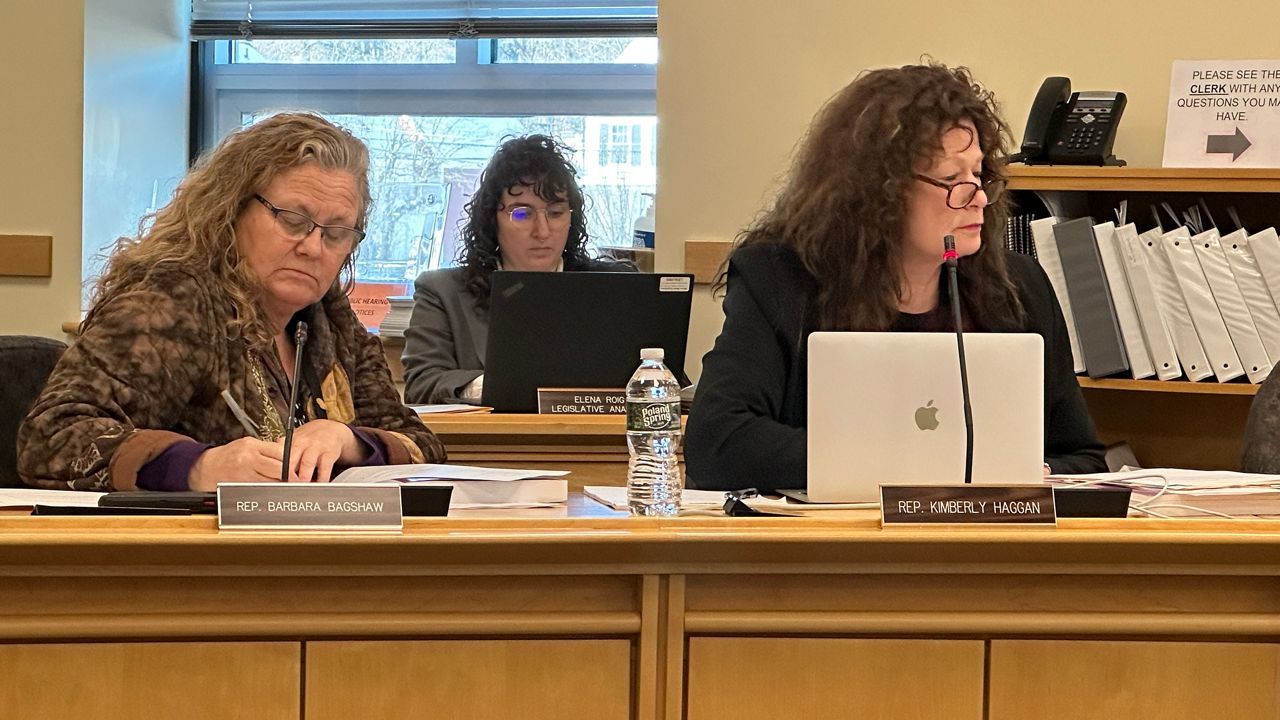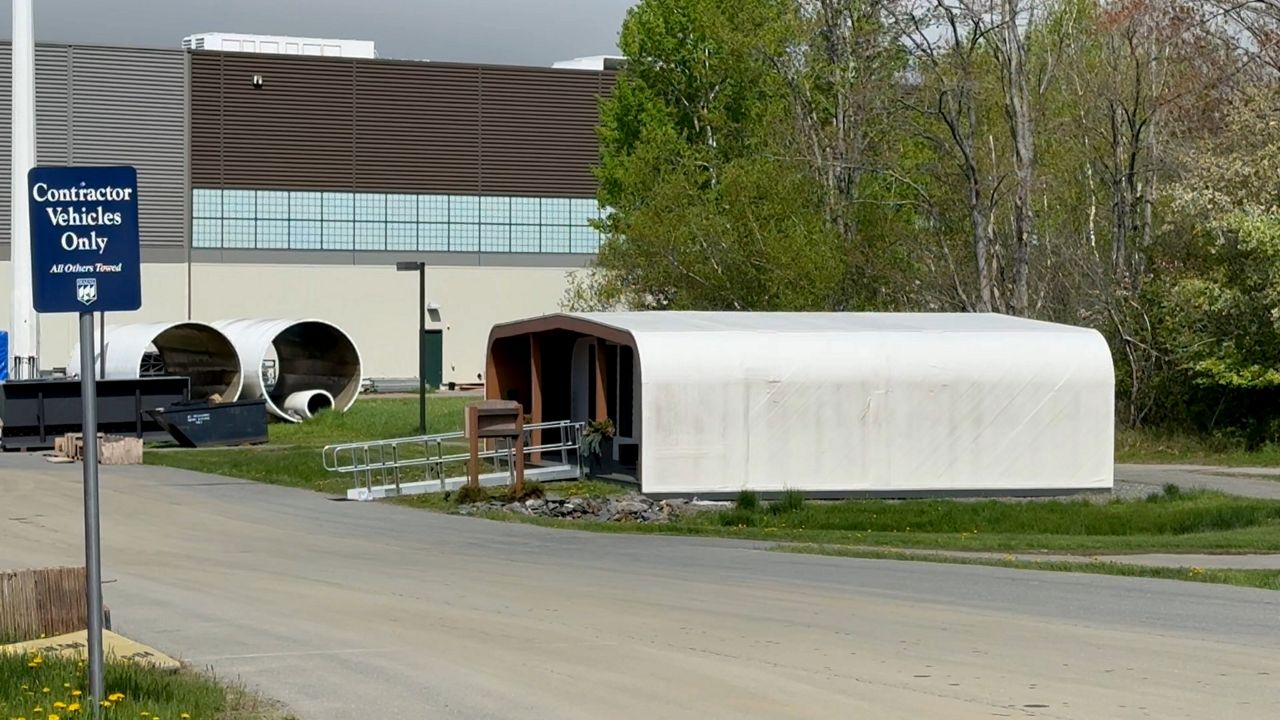AUGUSTA — Maine lawmakers expressed concern and frustration with state education officials this week following the release of a report card that ranked Maine below the national average in reading and math.
The National Assessment of Educational Progress, which bills itself as the “nation’s report card,” released 2024 data last week that showed Maine students ranked 38th in the country.
“We have a problem, we have a big problem,” said Rep. Barbara Bagshaw (R-Windham). “The kids aren’t getting educated in the basics.”
Jodi Bossio-Smith, director of assessment at the Maine Department of Education, said results show 37 states, including Maine, showed no significant change in fourth grade math scores. In grade four reading, Maine is one of 47 states that showed no change in reading scores.
In eighth grade, Maine saw no significant change in math or reading scores, she said.
Bossio-Smith said after Maine’s test scores fell dramatically during the COVID-19 pandemic, the state has seen improvements. She said right now, the state is holding steady.
“To me the message of hope is that after sort of a precipitous decline between 2019 and 2022 we are now maintaining,” she said.
The test was given to a sampling of the state’s students and the 2024 results come from 110 schools where students were tested in fourth grade reading and math for a total of 1,900 students.
In eighth grade reading and math, 90 schools participated representing 1,700 students, Bossio-Smith said.
Democrats and Republicans on the Legislature’s Education Committee said they are hearing from constituents about the state’s test scores.
Committee chairwoman Rep. Kelly Murphy (D-Scarborough) said lawmakers were caught off guard by the state’s overall ranking.
“I think what was surprising to all of us and the state was that Maine is 38th and we’re like what, that is not a number Maine is used to seeing,” she said.
Bossio-Smith repeated her explanation that the most recent batch of test scores showed no statistical difference between 2022 and 2024.
“I don’t look at assessment results as good or bad,” she said. “The data is the data.”
Beth Lambert, chief teaching and learning officer at the state department of education, said the national report card is one data point and does not reflect comprehensive efforts to education children in Maine.
She said curricula across the state focuses on problem solving and deeper reasoning that cannot be captured by a standardized test. It also does not reflect the accomplishments of students in career and technical education programs.
States like Maine are moving away from rote memorization and toward hands on and project-based learning, she said.
“Maine is engaged in groundbreaking work to enhance literacy and mathematics education,” she said. “Our state’s approach goes far beyond what NAEP actually measures.”
Sen. Teresa Pierce (D-Falmouth) asked Lambert what the state is using to guide decisions if it does not consider the NAEP an accurate assessment.
“I’m trying to field the calls of people who are like ‘hey we used to be at the top and it feels like we’re not,’” she said.
Lambert said the state has its own assessments that more closely align with state standards and that local control means it’s up to school districts to monitor how well they are doing.
Pierce, who has served on the Education Committee for 10 years, asked for more specific data from the department that shows student performance.
“I also think that at some level you have to say how do we compare nationally?” she said. “It feels very nebulous.”
Lambert said other states have invested money to improve test scores but in Maine, state education officials try to assess the whole student.
“Students, children, humans don’t come down to these easily grabbed metrics, unfortunately for us,” she said. “It’s much more complex than that.”











